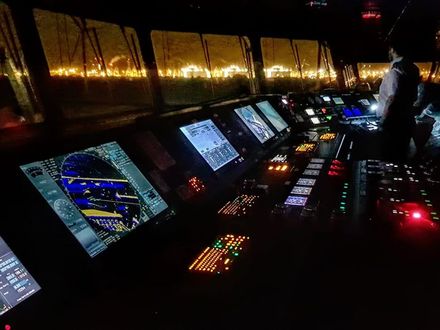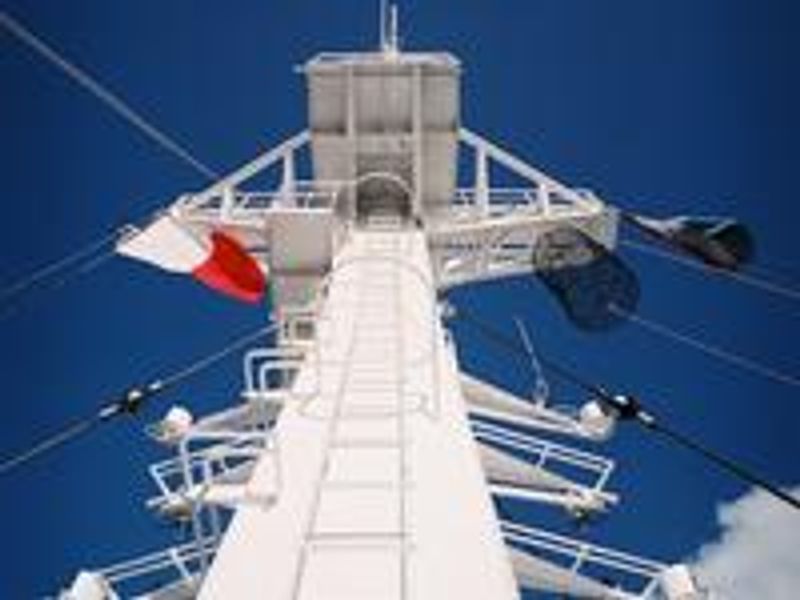The standard
In recent years there has been a substantial increase in maritime legislation and regulations, as well as an increase in self-regulation. Regulators recognize the contributory effects of industry self-regulation through voluntary codes of best practice and guidelines. Industry self-regulation is considered a necessary and welcome addition to the traditional compliance and survey-based systems. For this reason, the International Standard for Maritime Pilot Organizations (ISPO) was established and is in use by over 35 pilot organizations worldwide, representing over one-thousand pilots. This standard encompasses features that can help an individual maritime pilot organization to be compliant with legislation and consistent in meeting its users’ and/or customers’ requirements. Management systems are about evaluating how and why activities or processes are done and about recording the results to show that they are performed as intended. ISPO gives users and/or customers of pilot services, in both private and public sectors, confidence that the management system is certified by an independent external certification organization. Meeting these expectations is one reason for having a management system, but there are other reasons that are just as important, such as:
- Improvement and quality of efficient services and port safety;
- Promoting safety for clients, pilots and pilot support organizations;
- Sharing experiences and best practices between pilot organizations;
- Elevating the standard of maritime pilot services within the maritime industry.
The responsibility for the maintenance of the standard lies with the International Users Group of ISPO-certified organizations (IUG).
ISPO is a quality management system which allows a pilot organization to assess, plan, conduct and monitor all aspects of their pilotage operations.




